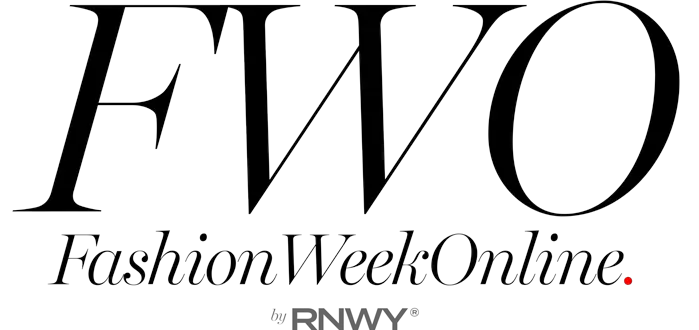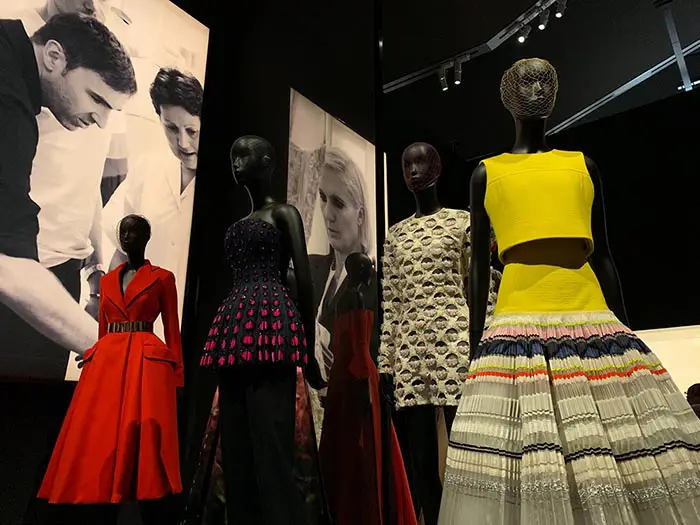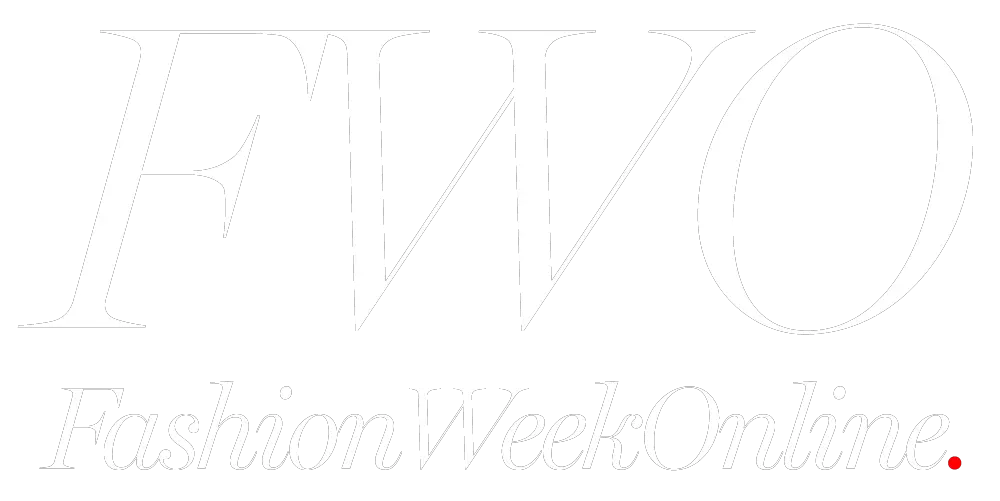School vs Self-Education: What’s Best for a Fashion Designer?
Some people argue that institutions kill creativity. Others believe higher ed teaches students discipline and prepares them for the real world.
You always read about the expression of your creativity, and it is indeed the key ingredient to make it in the industry. Yet, another aspect hard to overlook is mastery and technical skills. Without them, you hardly would manage your first collection.
Fashion design may seem like an occupation from your dreams with curricula different from the usual one. While other students search Google for “someone to write my paper for me” you would probably look at the nearest thrift stores to get materials. It is both true and false, as your journey in fashion design would depend on the degree you choose.

Your concerns are valid as fashion school is always expensive and requires time. Your path in fashion depends on the goals and resources you possess. Keep in mind that there is always an exception to all rules. You should analyze your particular situation and choose the best option to feel confident to start your career in design and fashion.
Is success defined by your degree?
The definition of success is quite loose, as we tend to put different meanings in it. For someone achieving success would be opening their shop and working on individual orders. For others, success means entering the world of haute couture and having shows that few can attend. Many people feel happy to work on a set of small or large productions and make sense of chaos.
You have to be honest with yourself and imagine the short-term and long-term scenarios. You may not have a degree when getting your first job. Yet, it always involves having a stunning portfolio and connections.
Some companies specifically indicate they want a designer with a degree. It is hard to prove your background without letters of recommendation if you are a self-taught artist.
Before making a decision, define your goals; start working on your portfolio from the moment you realize you want to be in the business; look for various degrees as well as grants and scholarships available.
Pros and cons of conventional education
Mentorship
Pros. Many students can agree that lack of motivation ruins your plans. Studying without a mentor or professor who can challenge your creative vision can be counterproductive. Many mentors aim to provide you with all the necessary tools and techniques the industry requires.
Cons. Some instructors can be extremely demanding, and you may clash creatively over your work. Sometimes it is justified, and sometimes it can be a conflict on a personal level. Not many people enjoy being challenged by authority and it can be a disadvantage that would discourage you to continue your studies.
Healthy competition
Pros. Again, motivation and self-discipline are crucial for any student. You boost your inspiration by comparing your progress with other students. If they managed to accomplish the final project and create a show by the deadline, then why wouldn’t you?
Cons. Peer pressure is one of the leading reasons why this experience can be negative. A healthy comparison indeed can drive you to perfection, but often it is taken as a challenge on a personal level.
Time management
Pros. One of the most helpful skills you learn in school is how to estimate the amount of work that should be done. It is a matter of self-discipline and practice, and you can advance your skills to the max.
Cons. If you struggle with time management, you might find your school experience exhausting. Yet, time management is essential in any occupation. Schools have a zero-tolerance policy for delays. If you are sensitive to time frames and prefer to work at your pace, it can be challenging.
Work ethics
Pros. School provides you with essential insights into work ethics in the fashion industry. Here, you learn about your rights and responsibilities, mechanisms and processes involved in collections creation, and many other aspects relevant for you. You can easily join the company, as you are expected to know the industry’s kitchen.
Cons. Some aspects might be challenging and discouraging for you as an artist.
Internships and exposure
Pros. Your university or college can provide you with a unique opportunity to get the needed connections and internships. The experience would be beneficial then to land the job of your dream or start your small business.
Cons. The competition for internships also puts you under stress, but you get a firsthand idea of the industry, and how to land a job. Even negative experiences here can be taken as a lesson to learn.
Self-education pros and cons
Independence in a creative process
Pros. You are not limited by prescribed techniques, and you can turn the creative process upside down. At the same time, you are completely free to create the portfolio that you think would catch the attention of the industry leaders.
Cons. Isolation from your peers or mentor can take a toll on your mental health. You also have to intuitively navigate without supervision, which may be problematic for a beginner. Lack of feedback and criticism can leave you with unhealthy expectations.
Alternative to classic education
Pros. Self-taught artists always disrupt the classics and bring new to the contemporary industries. Classics and tradition should exist to give new inspiration but it doesn’t mean the mindless imitation.
Cons. If you don’t know the tradition, it is hard to create something in spite of it. Schools give you a baseline and tools to distinguish and transform your surroundings.
The bottom line
Your journey in pursuit of a career in fashion doesn’t have to follow a specific script. Without a doubt, not everyone can afford to go to vocational training or school. But at the end of the day, you should prioritize yourself and your needs.
School gives you an understanding of tradition and tools used in the industry. It is the place where you get connections and prestige. It is harder to make it as a fashion designer, but you can always be at the right place at the right time. The goal is always to show your talent and create a unique experience within the industry.
##
With love,
FWO





